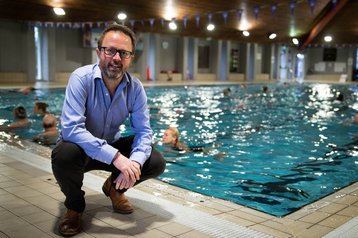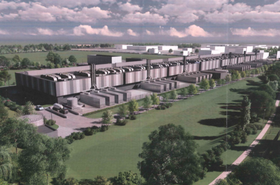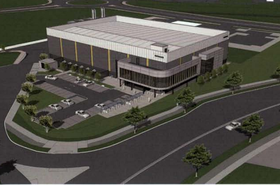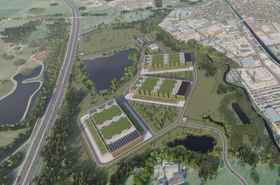Post-production firm Dirty Looks has committed to moving all its computing tasks onto Deep Green servers, which heat the pool at a Devon leisure center in the UK.
Deep Green locates high-performance computing servers at sites where their heat can be fully used, offering that heat for free to users, including swimming pools, while the compute resources are available on the cloud via service provider Civo.
Deep Green says its servers provide around 60 percent of the heat needed by the pool in Exmouth, saving around £20,000 ($25,200) and 25.8 tonnes of carbon emissions per year by allowing the leisure center to switch off its fossil-fuel boilers for long periods.
After trying the service, Dirty Looks has signed on to do all its computing at Deep Green facilities for the next 18 months, and says that other media companies could follow suit, allowing the entertainment industry to "create huge social value for local communities."
Rendering is energy-intensive, but also not usually sensitive to latency, so companies like Dirty Looks can choose freely where to locate the work. Deep Green says it can provide both real-time and overnight rendering and storage on its servers.
"Rendering films in data centers that re-capture heat presents a huge opportunity for our sector to benefit the communities we are part of," said Tom Balkwill, founder and managing director of Dirty Looks. "By cutting the energy bills of swimming pools and lowering fossil-fuel consumption, we are contributing to a healthier and greener local community.”
Reusing waste heat from servers has been proposed as a major way for data centers to become more efficient. Human society is burning large amounts of fossil fuel to produce warmth, and this must move to renewable electricity as part of net-zero plans.
Electricity used for heating could do a second job, generating an equivalent amount of computing, so data center heat reuse has become a major part of efficiency plans such as the German Energy Efficiency Act and the European Energy Efficiency Directive.
Currently, the UK’s film industry relies on inefficient and energy-hungry data centers," said Mark Bjornsgaard, founder and CEO of Deep Green. “Virtually all the heat they produce is wasted, ejected into the atmosphere, providing no social or environmental good to local communities. If the industry is serious about sustainability, this has to change.”






